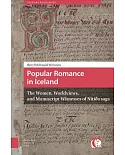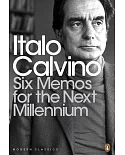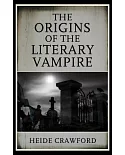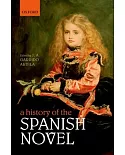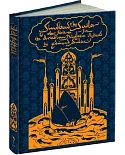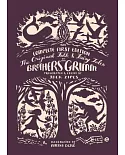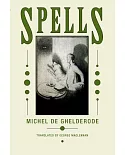Miguel de Unamuno (1864-1936) is the towering intellectual giant of early twentieth-century Spain. He wrote novels, plays, poetry and many essays, but is best remembered for his fictional works
and for his major philosophical meditation on the nature of existence. Abel Sanchez was published in 1917 and is perhaps Unamuno’s most harrowing novel. Consisting mainly of dialogue it
narrates the life of one man, Abel Sanchez, and his problematical relationship with his friend, Joaquin. Abel becomes more sucessful than Joaquin and is happier, and parallels are drawn between
the Biblical story of Cain and Abel. At the end of the novel after a lifetime of torment Joaquin grabs Abel, who has a weak heart, by the throat and he dies; Joaquin himself dies shortly
afterwards. In its concentration on issues of identity, personality and the insecurities of existence, it stands out amoung Unamuno’s works as a profoundly unsettling account of man’s existence
and his relationship to other people. John Macklin’s edition provides a new English translation alongside the Spanish text, together with a substantial introduction.







